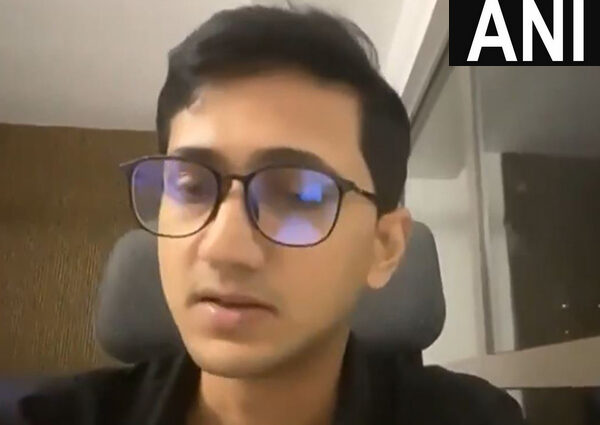
SC To Modify Cumbersome Guidelines On ‘Living Will’
The Supreme Court on Tuesday said agreed to modify its 2018 guidelines on “living will”, an advance medical directive on end-of-life treatment.
A five-judge Constitution bench of Justices KM Joseph, Ajay Rastogi, Aniruddha Bose, Hrishikesh Roy and Justice CT Ravikumar observed that the legislature is much more endowed with “skills and sources of knowledge” to enact a relevant law for terminally ill patients choosing to stop treatment.
The bench said it will limit itself to improving the guidelines it had laid down on “living will”.
There can only be a little tweaking of the guidelines or else it will become a review of its own 2018 judgement, it added.
The top court’s order notwithstanding, people wanting to get a “living will” registered have been facing problems due to cumbersome guidelines.
The apex court was informed that the procedure under the Supreme Court guidelines had become unworkable due to the involvement of multiple stakeholders in the process.
The Constitution bench was considering a plea seeking modification of the guidelines for living will/advance medical directive issued by it in 2018.
Senior advocate Arvind Datar told the bench that as per the apex court’s directions, a medical board has to first declare that the patient has no scope of recovery or is brain dead.
He added that the procedure then enumerates that the district collector has to constitute an independent medical board to obtain a second opinion, after which the matter is referred to a judicial magistrate, first class.
Datar suggested in a living will, there can be two witnesses and the role of the judicial magistrate can be done away with.
The hearing will resume on Wednesday.
On March 9, 2018, the apex court had in its judgment recognized that a terminally ill patient or a person in a persistent vegetative state may execute an advance medical directive or a “living will” to refuse medical treatment, holding the right to live with dignity also included “smoothening” the process of dying.
The judgment of the apex court had come on a PIL filed by NGO Common Cause seeking recognition of the “living will” made by terminally-ill patients for passive euthanasia.
The top court had laid down principles related to the procedure for execution of advance directives and spelt out guidelines and safeguards to give effect to passive euthanasia in both circumstances where there are advance directives and where there are none.
It had said that directives and guidelines shall remain in force till Parliament brings legislation in the field. (ANI)
Read More: http://13.232.95.176/



